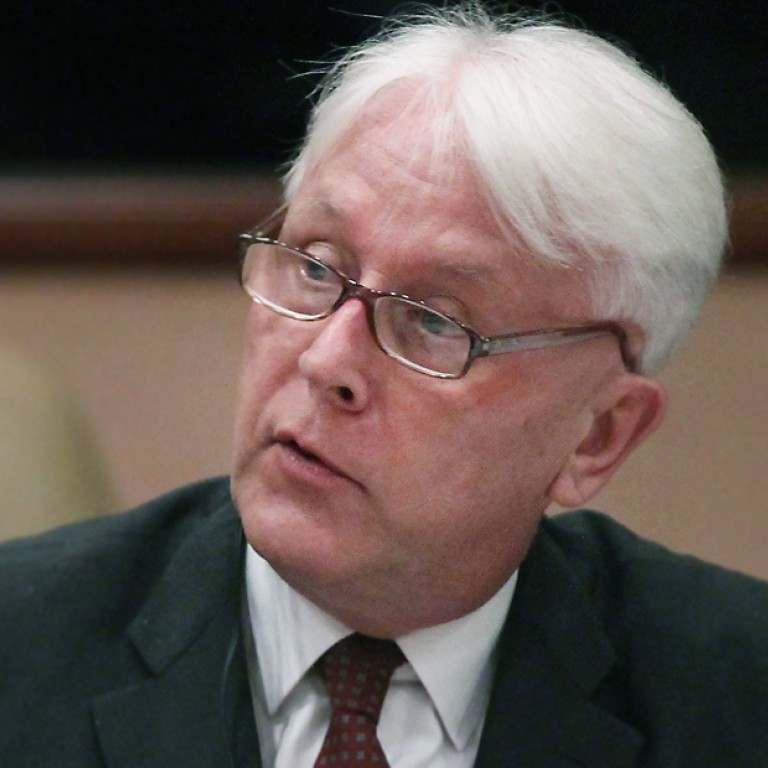
Former Hong Kong prosecutors defend management of Department of Justice
Pair rebut criticisms of management, saying that staff morale was not a problem
Two former senior prosecution officials have come to the defence of the Department of Justice, which has been embroiled in a row over how much it has done to retain prosecutors and improve their performance.
Louisa Lai Nga-man, who left the prosecutions division last year, questioned why a former chief had failed to make improvements that he now argued were necessary.
Lai, who was the first female deputy to the director of public prosecutions (DPP), did not name the person. But Grenville Cross, who was DPP for 12 years until 2009, has made remarks since standing down that could be interpreted as criticism of the department's management.
In an open letter to current DPP Keith Yeung Ka-hung, Cross suggested he "review management practices" and "see how a more civilised managerial style can be restored" to boost morale.
Lai said staff morale was "not a problem", an assurance echoed by Clive Grossman, a veteran barrister who stepped down as a deputy DPP in 1994.
"Prosecutors have shown more confidence in court," he said. "It seems they are now much happier and professional in the last few years."
Grossman said Kevin Zervos, the DPP who left this year to become a High Court judge, and his predecessor Ian McWalters had improved the quality of staff.
"Prior to that, one got the impression there was some favouritism," Grossman said.
Lai said it was the remarks about former secretary for justice Wong Yan-lung that disappointed her the most.
"I respect Mr Wong a lot," she said. "Hong Kong was blessed to have such a dedicated man. I'm very disappointed with criticism of him. He attributes everything he regards as a problem to Mr Wong. But of course many high-ranking officials like to talk publicly about a different version once they leave the position. … I don't appreciate it."
Lai said part of the reason for a perceived dearth of applicants for DOJ positions was aggressive competition from the private sector.
"But even if all the positions were filled, it doesn't mean the situation would be perfect as more people are now resorting to the courts to solve their problems," Lai said.
Zervos declined to comment on the issue.
Cross told the last week he had recruited and retained a record number of senior counsel.
"We achieved, for the first time, nine senior counsels in the prosecutions division," he said.
"By way of comparison, on the silks, there was just one SC left in the prosecutions division in January (down from six in 2009), although two more were added in May, making three."
Cross pointed out the pattern of the departures of senior prosecution officials had changed.
"Whereas Lai and Robert Lee Shiu-keung SC, another deputy DPP, both recently resigned shortly after taking up their new appointments, the deputy DPPs in my time only left either when they reached their retirement age or when they became judges," said Cross. "Something has clearly changed."
Lai said their departures were simply a matter of personal choice.
"These are personal career choices and have nothing to do with the work environment," she said.

